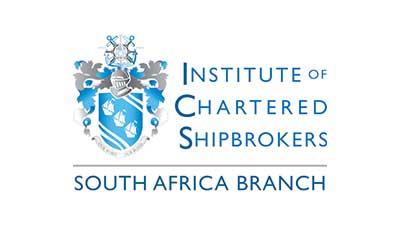Your basket is currently empty!
Lectured by Krishnan Subramaniam, International Vice Chairman of The Institute of Chartered Shipbrokers (ICS) South Africa.
The course explores chartering fundamentals, from types of charters and key contractual clauses to financial aspects such as Worldscale pricing, laytime, and demurrage. Participants gain insight into regional and inter-regional trade flows, vessel economics, and the supply-demand dynamics shaping freight markets. The program also addresses quality control, regulatory compliance, safety in cargo handling, and essential documentation, equipping professionals with the knowledge to manage operations, contracts, and disputes effectively.
Course overview
Types of Cargoes and Vessels
Vessel Chartering Fundamentals
Regional Liquid Cargo Trade
Vessel Economics & Supply Demand
Specialised Additions
Quality Control and Regulatory Compliance
Operational Documentation
International Vice Chairman
Institute of Chartered Shipbrokers (ICS)
Krishnan is a distinguished expert in supply chain management, logistics, commercial shipping, and industry education, with nearly four decades of experience.
He currently serves as Chief Learning Officer at Transworld Academy of Excellence. In his leadership roles, he is the International Vice Chairman of the Institute of Chartered Shipbrokers (ICS) and spearheads the ICS’s global digitalization initiative. Additionally, he is a key member of the International Chamber of Commerce (ICC) UAE’s Steering Committee for the Customs & Trade Facilitation Commission.
Throughout his career, Krishnan has held significant positions at Bharat Petroleum Corporation in India, Shell Petroleum in Dubai and Singapore, Aurora Tankers/IMC Group in Singapore, Fusion Group in Dubai and India, and Petrochem Middle East in Dubai. As a Fellow of the Institute of Chartered Shipbrokers (FICS), he is also an active trainer with the ICS as well as other professional bodies.
Krishnan’s contributions extend into academia, where he serves as an Academic Advisor at various maritime institutions and as an adjunct faculty member at S.P. Jain School of Global Management, Dubai, UPES India and Gujarat Maritime University, sharing his deep knowledge of shipping and logistics with the next generation of industry professionals.
